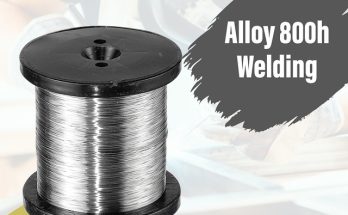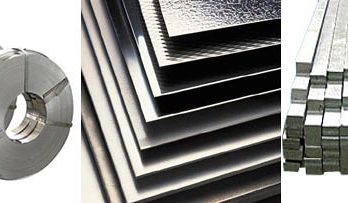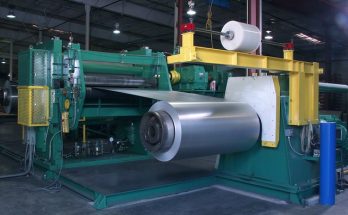Alloy Plate: A Comprehensive Guide
Introduction:
In various industrial and commercial applications, alloy plates have become an essential component. Alloy plate refers to a flat metal sheet that is manufactured by combining two or more metallic eleme alloy plate factory nts. This article provides detailed information about alloy plates, including their manufacturing process, characteristics, advantages, application methods, tips for choosing the right product, and a conclusion. steel plate
Manufacturing Process:
Alloy plates are produced using different techniques such as casting and rolling. In the casting method, molten metals are poured into molds of desired shapes and sizes. Once cooled down, these solidified alloys are further processed through hot or cold rolling processes to achieve the required thickness a alloy plate nd dimensions.
Characteristics:
One of the key attributes of alloy plates is their superior strength compared to pure metal sheets. These high-strength alloys exhibit excellent resistance to corrosion, impact, wear-and-tear, and elevated temperatures. Fu

rthermore, they possess exceptional hardness while maintaining lightweight properties.
Advantages:
The use of alloy plates o alloy plate ffers several advantages over other types of material options available in the market:
1. Enhanced Durability: Alloy plates can withstand heavy loads without deformation or breakage.
2. Corrosion Resistance: The combination of metals in these plates makes them highly resistant to rusting and corrosive environments. titanium plate
3. Versatility: Alloy plates can be customized according to specific project requirements due to their flexibility in terms of size and shape.
4.Cost-Effective Solution: Although initially alloy plate wholesale expensive than traditional materials like steel or titanium plate but it has longer service life offering long-term cost benefits.
Usage Methods:
Alloy plates find extensive usage across diverse industries including aerospace manufacturing automotive sector construction field electronics industry etc .. Their robustness coupled with great corrosion resistance makes them ideal for designing structural components like beams bridges pane alloy plate ls girders etc..
How to Choose the Right Product?
When selecting an appropriate alloy plate for your project needs consider evaluating factors such as material composition, mechanical properties, coating options and intended application environment. Consulting with alloy plate manufacturer alloy plate manufacturer s or suppliers can assist you in making a well-informed decision.
Conclusion:
In conclusion, alloy plates serve as game-changers in various industries due to their exceptional strength and durability. The manufacturing process involves combining different metallic elements composite plate through casting and rolling methods. Alloy plates offer superior resistance against corrosion while bei

ng versatile enough to meet specific requirements. By carefully considering important factors during the selection process, one can make an educated choice for successful project implementation.
For all your alloy plate needs ranging from titanium plates to steel plates or composite plates look no further than reputable alloy plate manufacturers! Explore trusted suppliers wh

o specialize in providing top-quality products including wholesale options at competitive prices.


